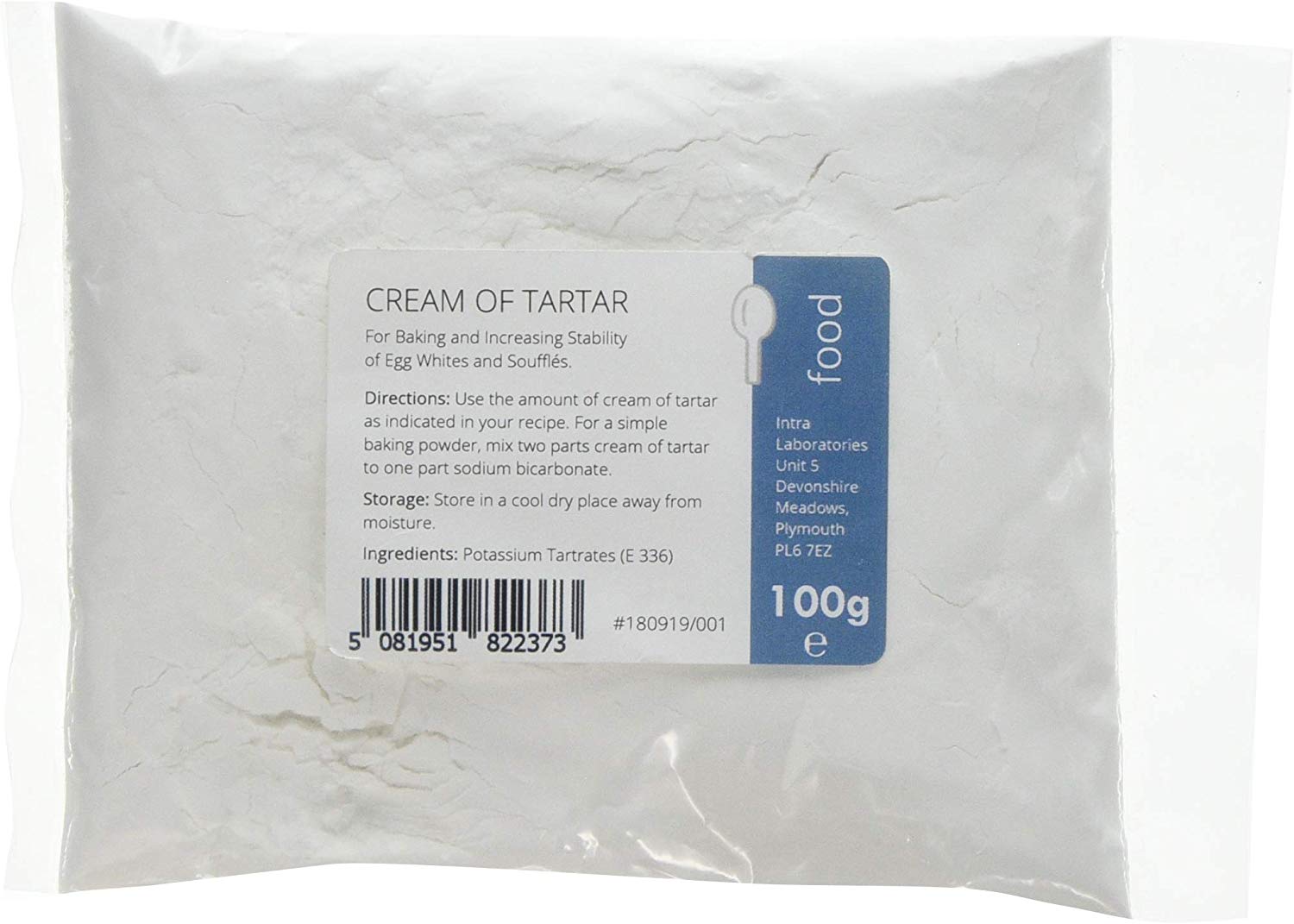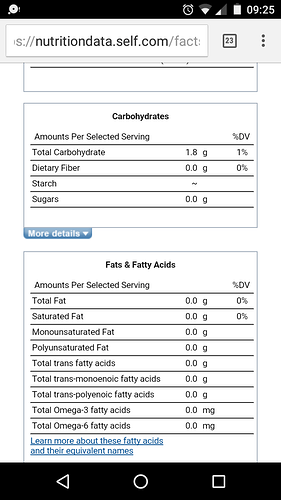Just noticed this. Carbs are just hidden everywhere. I know the carbs are negligible for the amounts used in baking it’s the source of the carbs I’m more concerned about.
Luckily, I have baking soda + cream of tartar at home so will be making my own baking powder going forward.
Any recommendations for good and tested no carb baking powder will be appreciated. Or at least one whose carb source is not corn starch or rice flour.
Thanks.



 I feel less bad using the cream of tartar combination because, at least the carb it contains is not sugar or starch. It contains like 600g of potassium per tspn though. I do wonder where the carbs come from though.
I feel less bad using the cream of tartar combination because, at least the carb it contains is not sugar or starch. It contains like 600g of potassium per tspn though. I do wonder where the carbs come from though.

